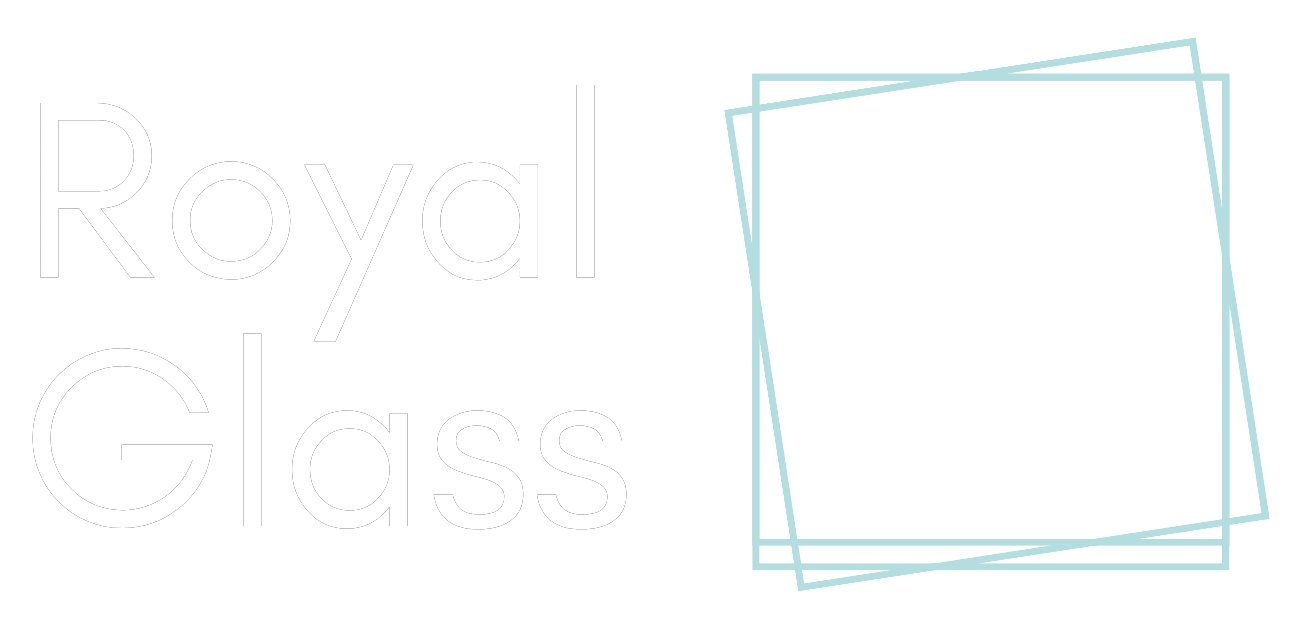1. Straight Stairs
- Description: The most common and simple design, with a straight flight of steps from one floor to another.
- Materials: Wood, metal, glass, or a combination.
- Price Range:
- Basic (wood): 1,000–1,000–3,000
- High-end (custom materials): 5,000–5,000–10,000+
2. L-Shaped Stairs (Quarter-Turn Stairs)
- Description: A straight flight of stairs with a 90-degree turn, often with a landing.
- Materials: Wood, metal, or glass.
- Price Range:
- Basic: 2,000–2,000–5,000
- High-end: 8,000–8,000–15,000+
3. U-Shaped Stairs (Half-Turn Stairs)
- Description: Two flights of stairs with a 180-degree turn and a landing in between.
- Materials: Wood, metal, or glass.
- Price Range:
- Basic: 3,000–3,000–7,000
- High-end: 10,000–10,000–20,000+
4. Spiral Stairs
- Description: Compact and circular design, ideal for small spaces.
- Materials: Metal, wood, or a combination.
- Price Range:
- Basic: 1,500–1,500–5,000
- High-end: 7,000–7,000–15,000+
5. Curved Stairs
- Description: Elegant and flowing design, often custom-made.
- Materials: Wood, metal, or glass.
- Price Range:
- Basic: 10,000–10,000–20,000
- High-end: 25,000–25,000–50,000+
6. Floating Stairs
- Description: Modern design with steps that appear to “float” without visible support with stringer behind the wall
- Materials: Wood, metal, or glass.
- Price Range:
- Basic: 5,000–5,000–10,000
- High-end: 15,000–15,000–30,000+
7. Split Stairs
- Description: A grand staircase that splits into two flights, often used in large homes.
- Materials: Wood, metal, or glass.
- Price Range:
- Basic: 10,000–10,000–20,000
- High-end: 30,000–30,000–50,000+
8. Storage Stairs
- Description: Functional stairs with built-in drawers or compartments for storage.
- Materials: Wood or MDF.
- Price Range:
- Basic: 2,000–2,000–5,000
- High-end: 7,000–7,000–12,000+
9. Alternating Tread Stairs
- Description: Compact design with alternating treads, often used for lofts or attics.
- Materials: Metal or wood.
- Price Range:
- Basic: 1,000–1,000–3,000
- High-end: 5,000–5,000–8,000+
Factors Affecting Stair Prices
- Materials:
- Wood (e.g., oak, pine, walnut): Moderate to high cost.
- Metal (e.g., steel, aluminum): Moderate to high cost.
- Glass: High cost.
- Combination materials: Higher cost.
- Design Complexity:
- Simple designs (e.g., straight stairs) are cheaper.
- Custom or intricate designs (e.g., curved or floating stairs) are more expensive.
- Size and Height:
- Taller stairs or those with more steps cost more.
- Labor and Installation:
- Custom or complex designs require more labor, increasing costs.
- Location:
- Prices vary by region due to labor and material costs.
Building Code and Regulations for Stairs and Balustrades
In New Zealand, stairs and balustrades must comply with the New Zealand Building Code (NZBC), specifically Clause F4: Safety from Falling. Key requirements include:
1. Stair Dimensions
- Rise: Maximum 190mm per step.
- Going (tread depth): Minimum 240mm per step.
- Consistency: All steps must have uniform rise and going to prevent tripping hazards.
2. Balustrade Requirements
- Height:
- Residential buildings: Minimum 1 meter above the floor or stair nosing.
- Commercial buildings: Minimum 1.1 meters.
- Gap Restrictions: Openings in balustrades must not allow a 100mm sphere to pass through (to prevent children from getting stuck or falling).
- Load-Bearing Capacity:
- Residential: Must withstand a horizontal load of 0.6 kN/m.
- Commercial: Must withstand a horizontal load of 1.5 kN/m.
3. Glass Balustrade Requirements
- Glass Type: Must use toughened (tempered) glass or laminated glass for safety.
- Thickness: Typically 10mm–12mm for residential use.
- Handrails: Required if the balustrade height exceeds 1 meter.
- Edge Finishing: Glass edges must be polished or smoothed to prevent injury.
4. Compliance Documentation
- Ensure your installer provides a Producer Statement (PS1) to confirm compliance with building codes.
Call to Action
Transform Your Home with Stunning Glass Balustrades!
At Royal Glass, we specialize in designing and installing high-quality glass balustrades that complement any staircase design. Whether you’re building a new home or renovating an existing one, our team will ensure your balustrades are safe, stylish, and compliant with New Zealand Building Codes.
📞 Call us now at 0800 769 254
📧 Email us at support@royalglass.co.nz
📍 Visit our showroom at 13E Paul Matthews Road, Rosedale, Auckland 0632
🌐 Explore more at www.royalglass.co.nz
Why Choose Royal Glass?
- Expertise: Years of experience in glass balustrade installation and compliance.
- Quality Materials: We use only toughened or laminated glass for safety and durability.
- Custom Designs: Tailored solutions to match your home’s style and requirements.
- Compliance Guarantee: All installations meet NZBC standards, and we provide necessary documentation.
- Referral Network: While we focus on balustrades, we work with trusted stair specialists who can handle stair design, construction, and PS1 documentation.
Let’s Get Started!
Ready to elevate your home with a stunning glass balustrade? Contact Royal Glass today for a free consultation and let us guide you through the process.
📞 Call us now at 0800 769 254
📧 Email us at support@royalglass.co.nz
📍 Visit our showroom at 13E Paul Matthews Road, Rosedale, Auckland 0632
🌐 Explore more at www.royalglass.co.nz
